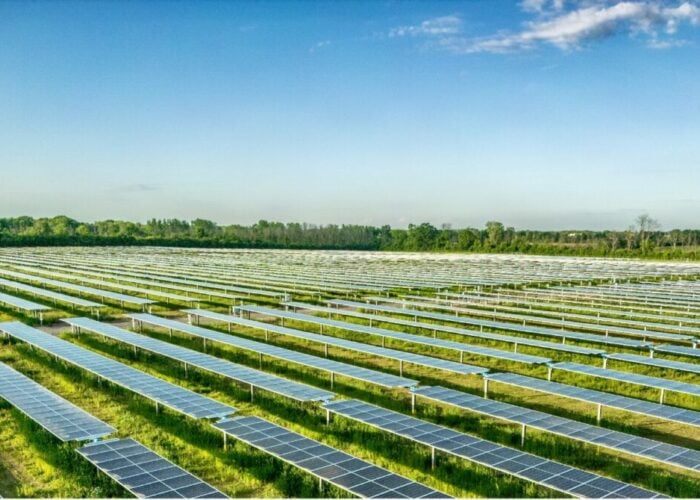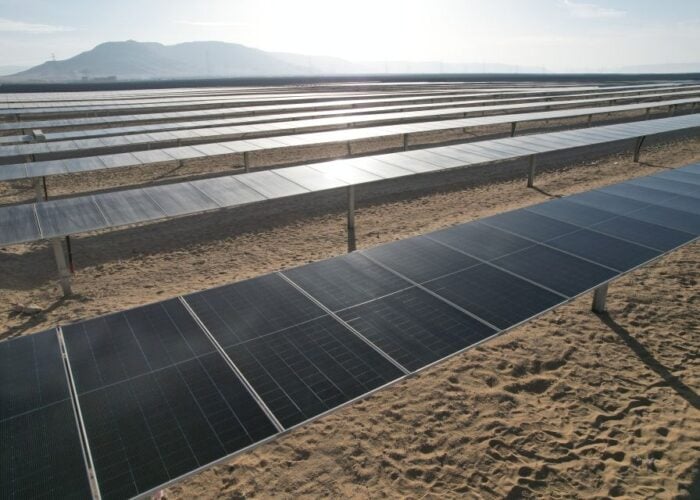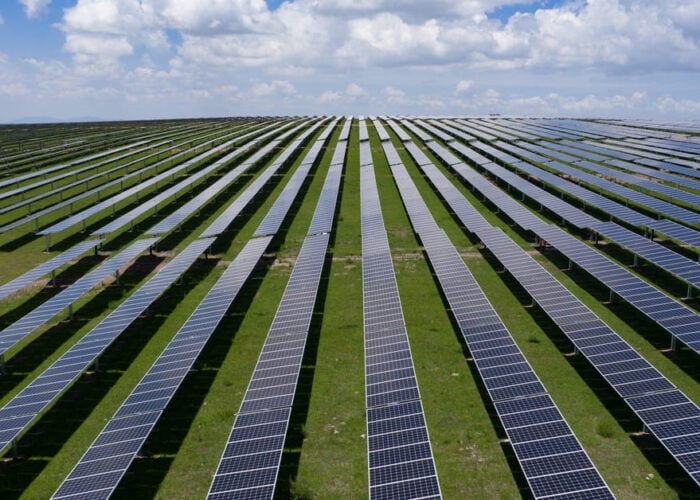The US Department of Energy has announced a grant of US$9 million to fund “breakthrough” research into improving the reliability and durability of PV modules.
The grant is being made under the banner of the DOE’s SunShot Initiative, which is aiming to cut the cost of solar in the US through technical innovation.
Try Premium for just $1
- Full premium access for the first month at only $1
- Converts to an annual rate after 30 days unless cancelled
- Cancel anytime during the trial period
Premium Benefits
- Expert industry analysis and interviews
- Digital access to PV Tech Power journal
- Exclusive event discounts
Or get the full Premium subscription right away
Or continue reading this article for free
The DOE said the money would be made available to projects that increase module quality and performance through improved testing.
Among projects eligible to receive the funding the DOE highlighted those that develop accelerated testing techniques that better understand how PV modules change over time and therefore how their lifetime performance can be enhanced.
Key focus areas the DOE said would include using physics and chemistry and advanced data analysis to gain a better understanding of why solar modules fail, developing improved product tests and new rapid testing techniques or instruments – either outdoors after installation or during the manufacturing process – that evaluate module reliability, and improving data models to predict performance over time.
The SunShot Initiative is aiming to reduce the total installed cost of solar energy systems to US$0.06 per kWh by 2020.






